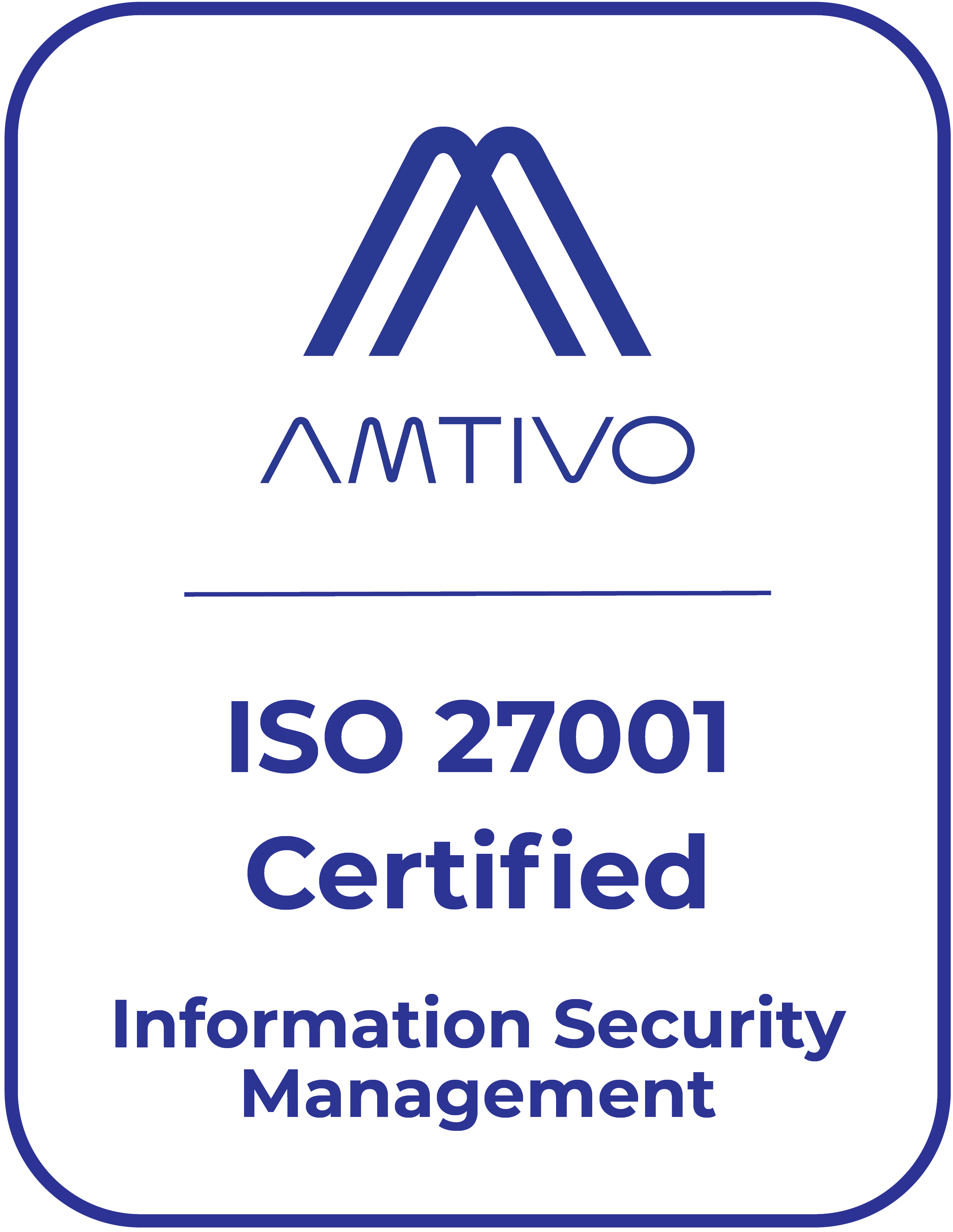Managing personal data with your grant management software solution
Grant management systems play an important role in supporting grant makers to safely handle personal data, especially in regions like the UK and Ireland, where stringent data protection regulations such as the General Data Protection Regulation (GDPR) and Data Protection Act 2018 are in place. These regulations require the careful handling, storage, and processing of personal data.

What is GDPR compliance, and what happens if you get it wrong?
GDPR compliance refers to following the General Data Protection Regulations, ensuring the lawful and secure handling of personal data. Failing to comply can lead to severe consequences.
Penalties for non-compliance may include hefty fines, up to €20 million or 4% of global annual turnover, whichever is higher. Additionally, organisations might face reputational damage, loss of customer trust, and legal action. GDPR demands transparent data processing, explicit consent from individuals, robust security measures, and prompt reporting of data breaches. Non-compliance not only risks financial repercussions but also undermines individuals’ privacy rights, impacting an organisation’s credibility.
Grant management systems like AIMS assist organisations in complying with GDPR through
- Consent management: Providing functionalities to manage and document consent obtained from individuals for processing their personal data. This includes features for capturing, storing, and tracking consent throughout the grant lifecycle.
- Data minimisation: Enabling organisations to collect and retain only necessary personal data required for grant management purposes, aligning with the GDPR’s principle of data minimisation.
- Access controls and encryption: Implementing robust access controls and encryption measures to ensure that only authorised team members can access and handle personal data stored within the system, thus maintaining data security.
Nb – these aspects are not exclusive to GDPR, and also apply to data protection laws across Europe and the world.
AIMS has been developed in a world with ever-changing data protection requirements over the last three decades, and has flexible and robust data security hardwired right at the heart of the software. Our solution for you will always meet your local data protection regulations.
What should you look for in your grant giving system when considering personal data management?
- Secure handling and storage
Grant management systems offer secure handling and storage mechanisms for personal data:
Encryption and secure servers: Employing encryption protocols for data transmission and storage, along with secure servers to house personal data. This ensures that sensitive information remains protected from unauthorised access or breaches.
Data retention policies: Allowing organisations to define and implement data retention policies within the system, ensuring that personal data is not stored longer than necessary, as per GDPR guidelines.
- Enhanced data management
Grant management systems should streamline and centralise your data management processes:
Centralised repository: Serving as a single location for all grant-related data, including personal information. This facilitates easier access, management, and monitoring of data, aiding compliance efforts.
Anonymisation and pseudonymisation: Providing features to anonymise or pseudonymise personal data within the system, especially during stages where direct identification isn’t required.
- Reporting and auditing
Good grant management systems assist in generating reports and conducting audits for compliance purposes:
Audit trails: Maintaining detailed audit trails within the system, allowing organisations to track who has accessed, modified, or deleted personal data, ensuring accountability and transparency.
Compliance reporting: Offering functionalities to generate compliance reports, detailing how personal data is managed and processed in adherence to GDPR and other relevant regulations.
- Customisation and training
Grant management systems like AIMS can be tailored to specific requirements and aid in staff training:
Customisation: Allowing customisation to align with specific organisational needs and local compliance requirements.
Staff training: Supporting training initiatives by providing resources and tools to educate staff on data privacy, security best practices, and compliance obligations.

Are you concerned about your data privacy responsibilities?
We have decades of experience guiding funders and grant makers through legislation, business processes and personal relationships to ensure that they handle all personal data safely and securely.

